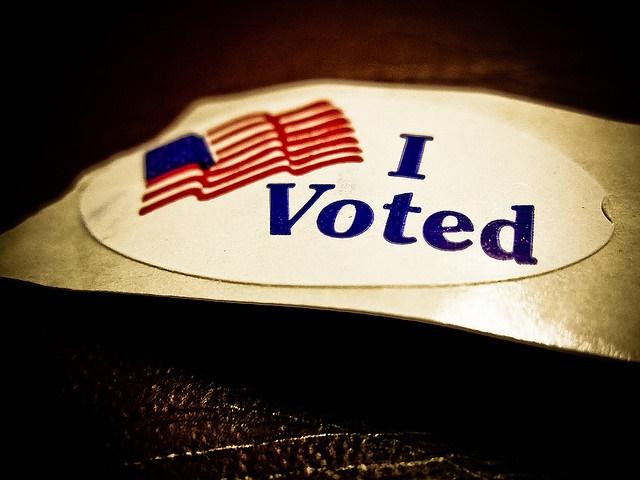Both federal and state government agents are standing by to address any issues with voter fraud and discrimination on Election Day.
Assistant U.S. Attorney Peter Jarosz will be one of the three election officers monitoring Wisconsin for the long-standing Election Day Program. The assistant attorneys, appointed by the U.S. Attorney for Wisconsin’s western district, will take calls regarding any irregularities at the polls that infringe on federal law.
“For example, if we find that there are people being denied the right to vote because of their race or some other protected class, then that might raise a concern for us,” Jarosz said.
Jarosz said there have not been any of these issues at the federal level in recent years.
He will be taking calls from Madison and 44 other counties in western Wisconsin on Election Day, while Assistant Attorneys Zachary Corey and Christopher Ladwig will be on standby for 28 eastern counties.
“I think it’s getting more publicity this cycle than it has in previous cycles, but we always typically have someone on call then we also have people at the FBI on call with us to talk and respond when necessary,” Jarosz said.
The program is based on the civil and voting rights acts of the 1960s, which outlawed discrimination based on race, color, religion, sex or national origin and prevented legal voting barriers.
The most commonly encountered problems at the polls are state violations. Jarosz said though primary jurisdiction and constitutional concern for voting practices falls to the state government, the federal government has slowly become more involved.
“It’s important for us to ensure that everybody does have … free access to the ballot box,” Jarosz said.
Reid Magney, Wisconsin Elections Commission spokesperson, said if a voter has a problem at the polls, he or she should speak with on-site officials.
“If you’re in line and somebody is bothering you, or if somebody’s taking pictures of you when you’re in line or doing other things like that, your first step should be to talk to the chief election inspector,” Magney said.
Potential issues could include election observers speaking directly to voters, signs for individual candidates on public property near a polling place, the media speaking to people in line and unfair handling of how the chief inspector determines voter eligibility, Magney said.
If the chief election inspector can’t resolve the problem, citizens can contact the city or municipal clerk’s office, and then the Elections Commission. Voters can contact the commission by phone or online.
U.S. Attorney John Vaudreuil said in a statement the government will continue their commitment to protect the “most sacred of Americans’ rights.”
“Wisconsin’s proud history is one of expanding the opportunity to vote, and ensuring that every citizen votes without interference or discrimination,” Vaudreuil said.


















